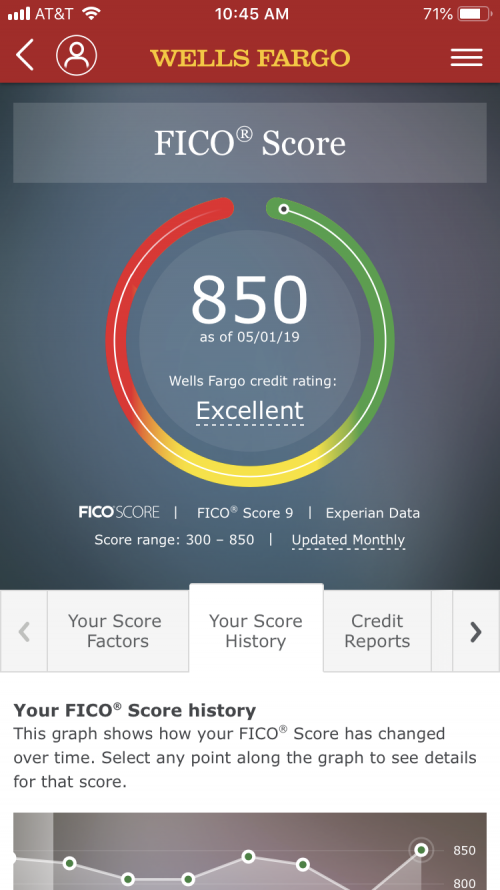Moral of the story, if you don't check really really hard, good chance you get screwed over and waste 2 years at the community collage you have to repeat anyway...
Further it's a black mark on your record if you try to get into highly competitive fields. It there are 50 applications from Harvard the kid with 2 years at a community college is never getting an interview.
These two posts are spot on ! There are so many minefields and caveats when trying to get a college education that will allow you to compete in the job market .
The one thing that has not been mentioned is "running start" and IT IS NOT for everyone and must be planned out very carefully. However; it can work. It did work, for me. I have also found that the 2 vs 4 years at a State college, is not the only thing employers look at. For me personally, I have found some who are impressed with the fact I did Running Start and also that I worked all the way thru high school was important to them. I have also been somewhat surprised at the interest some have in my " other interests and awards in those activities" part of the resume.
BUT, as as been stated above, first you have to get that interview and if you do have 4 years ( not running start, or community college ) from, at least, a State university ( Ivy Leage is even better ) it decreases your odds
Sometimes, the other activities and awards hit home with someone that, did that sport or activity or still does even.





